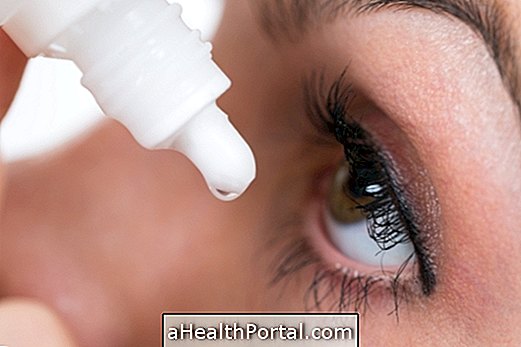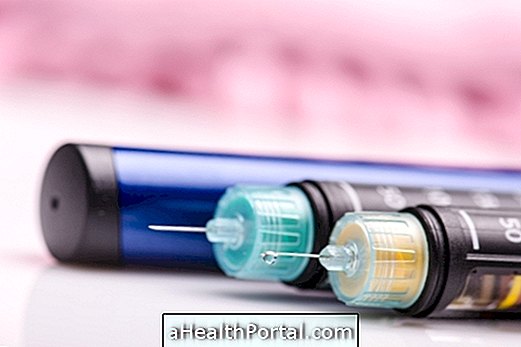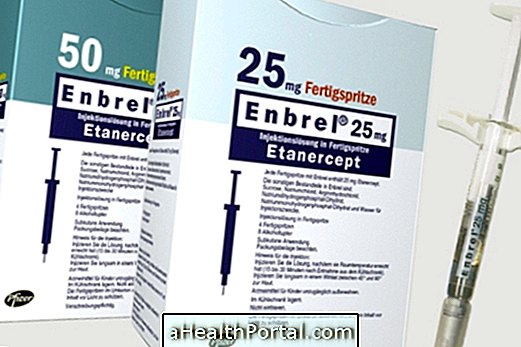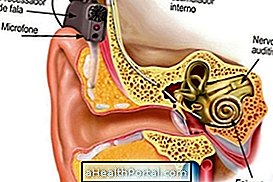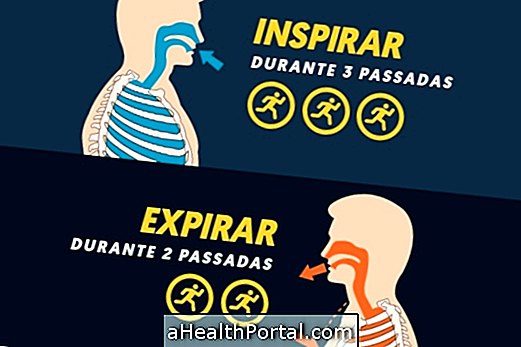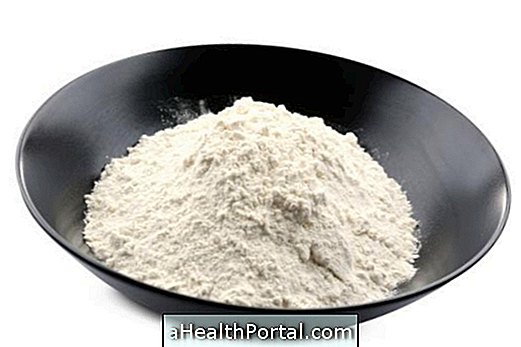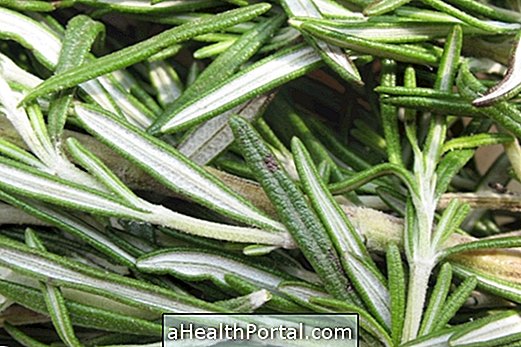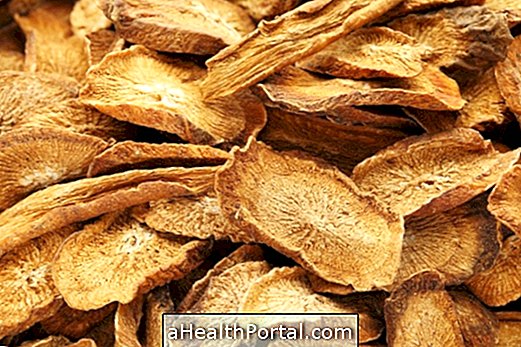Amphetamines are a class of synthetic drugs that stimulate the central nervous system, from which derivative compounds such as methamphetamine (speed) and methylenedioxymethamphetamine, also known as MDMA or Ecstasy, can be obtained which are the most abused and illegally. These substances increase alertness and reduce fatigue, increase concentration, decrease appetite and increase physical endurance, inducing a state of well-being or euphoria.
However, there are amphetamines that are used for a therapeutic purpose, as is the case of attention deficit disorder, which can affect children and adults, and for narcolepsy, which is a disorder whose main symptom is excessive drowsiness. Learn more about this disease.
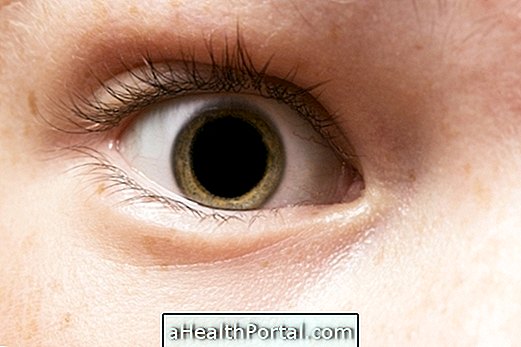
What are the
In addition to stimulating the brain, amphetamines increase blood pressure and heart rate, which can lead to life-threatening myocardial infarction, stroke, and death by suffocation and dehydration. Learn about other effects caused by amphetamine derivatives.
Intense anxiety, paranoia and distortion of the perception of reality, auditory and visual hallucinations and feelings of omnipotence are some symptoms related to the consumption of this type of drug, but although these effects can occur in any user, individuals with a psychiatric disorder are more vulnerable to them.
Learn more about amphetamines used for therapeutic purposes.
How amphetamine abuse treatment is done
Usually, for people who use this drug improperly in the form of methamphetamine or MDMA, a detoxification treatment should be performed.
For the recovery of people using these drugs, it is important to promote the reassurance of the individual and a calm and non-threatening environment, because when the consumption of amphetamine is abruptly interrupted, symptoms occur opposite to the effects of the drug and for this reason, chronic users can need to be hospitalized during drug abstinence.
Individuals who experience delusions and hallucinations should take an antipsychotic medication, such as chlorpromazine, which has a calming effect and reduces distress. However, the antipsychotic drug can produce a marked drop in blood pressure.

